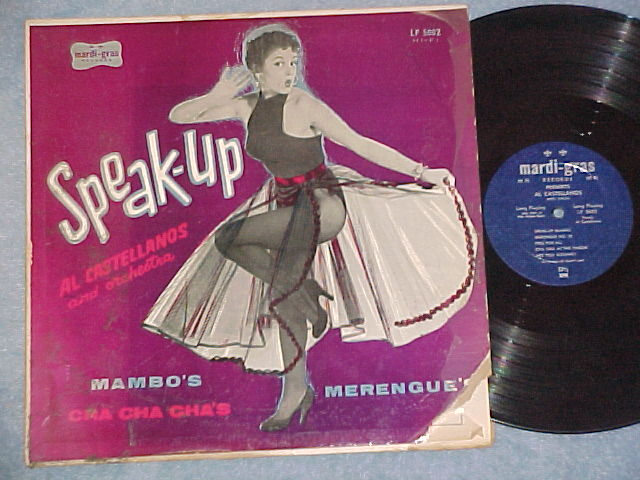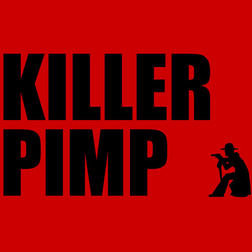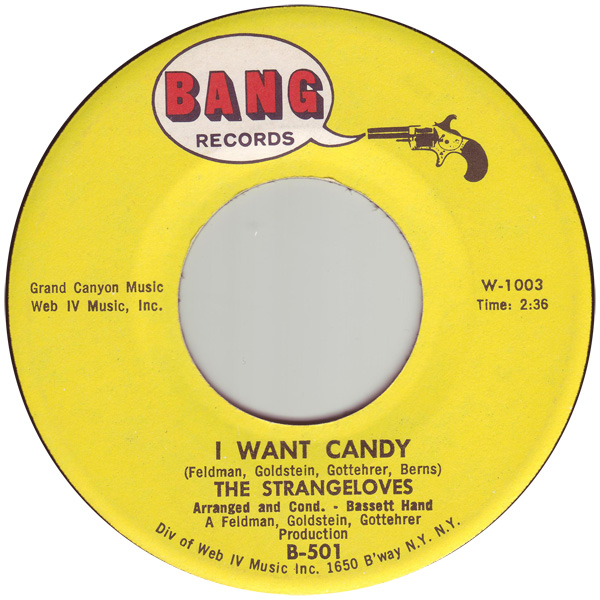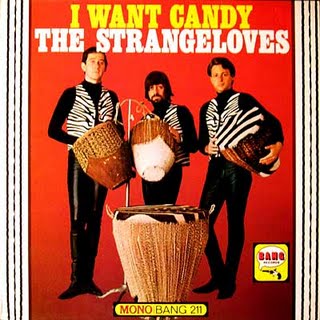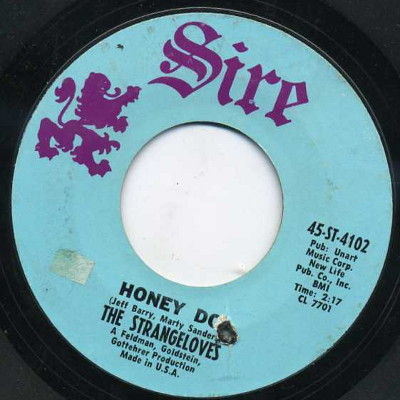Download Now is a new category on Jukebox Heart, centered around the idea of music that is officially released for free legal downloading. Each entry will feature an artist or label that puts less emphasis on the hard medium and distributes most, if not all, of their music for free via electronic media.
There are literally thousands of artists and labels actively distributing their music this way. This is a thriving scene priding itself of the free distribution and easy access to the music. So we start off this category on Jukebox Heart with 8bitpeoples.

You can find 8bitpeoples at www.8bitpeoples.com.
8bitpeoples is a DIY record label/arts collective centered in New York City that focuses around the 8-bit aesthetic, which is heavily influenced by vintage videogames. 8bitpeoples was founded in 1999 by Jeremiah Johnson (who records as Nullsleep) and Mike Hanlon (who records as Tangible). It is currently run by Johnson and labelmate Joshua Davis (who records as Bit Shifter). I chose 8bitpeoples for the first entry in this category because of the thriving global scene it presides over.
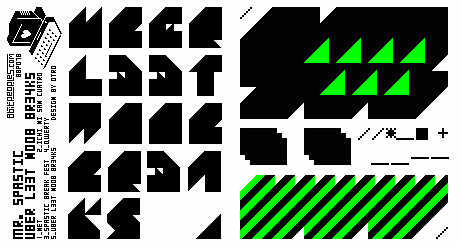
With so many artists to choose from, it was hard to pick one for this podcast, so I settled somewhat arbitrarily on Mr. Spastic and “Uber l33t n00b br34k5”. Click on the arrow below to hear the title track. The entire release is available for download at the 8bitpeoples website.
[audio:http://www.jukeboxheart.com/downloadnow/8bitpeoples/8bp078.mp3]This release, 8bp078, is perfect for nerds, electronica fans, internet gurus and the average 8bit Joe. But, let it be known that it sounds like music hacking your eardrums on massive amounts of jolt cola. Don’t be fooled by the sounds of yesteryear, this is pure retro modern. Mr. Spastic will spas out your system and oscillate your hips to the funky clock ticks and digitized rhythms. Tres l33t!
“Mr. Spastic” started humbly by utilizing only freely obtained equipment, and in the beginning, it was an attempt at producing high quality lo-fi music with a very tight budget. Electronic breaks and nerd-ish raps were the momentum ascribed to by the first release and since then it has changed into more of an obsession. Retro-computing was an interest at an early age to Nathan, starting with the Tandy color computer, drooling over the Commodore 64, and eventually receiving a NES from his grandparents at a young age. Mr. Spastic is reliving his childhood and delving into forgotten pasts by using modern musical techniques and antiquated equipment, spastically synthesizing and unifying multiple platforms to produce original retro tunage.

Mr. Spastic.
As for the label, many artists who have appeared on 8bitpeoples have also appeared on compilations on other labels, most notably Astralwerks’ 8 Bit Operators compilation, a collection of Kraftwerk songs as done in the 8-bit style. 8bitpeoples is also involved in the organization of the Blip Festival, which features 8-bit musicians, often including those on the 8bitpeoples roster. The few hard-copy releases the 8bitpeoples puts out are mostly documents of these festivals, on CD and DVD. But there are other serioulsy-limited CDR releases as well.
8bitpeoples provide the vast majority of their releases for free via their website, downloadable in ZIP files which also include printable covers and inserts so that anyone can maje a hard copy of their releases.
The website shop offers whatever hard merch the label has to offer from CDRs to T-Shirts to gear which will help you turn your gameboy into a full fledged 8-bit synthesizer, so that you can create your own 8bitpeoples demo. Oopsie! Nevermind. Oh well, with over 100 downloadable releases to choose from, you won’t have time to make a demo for them anyway.


